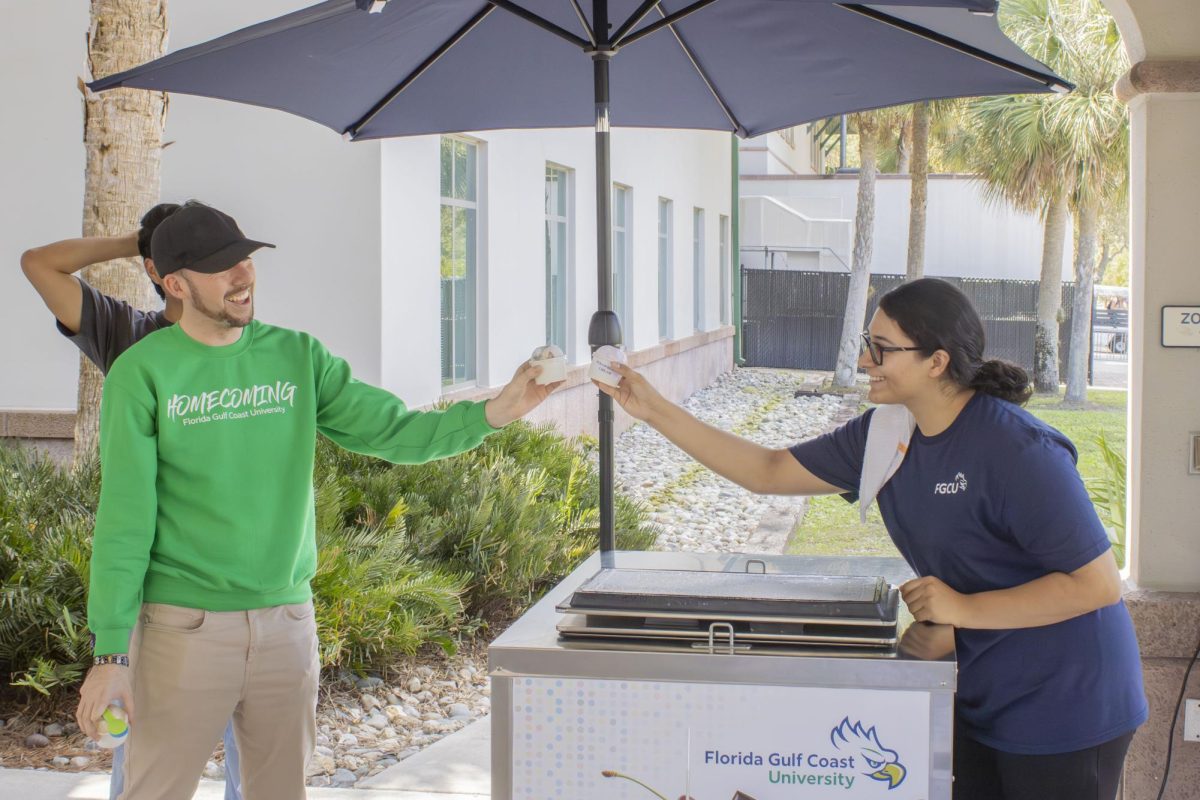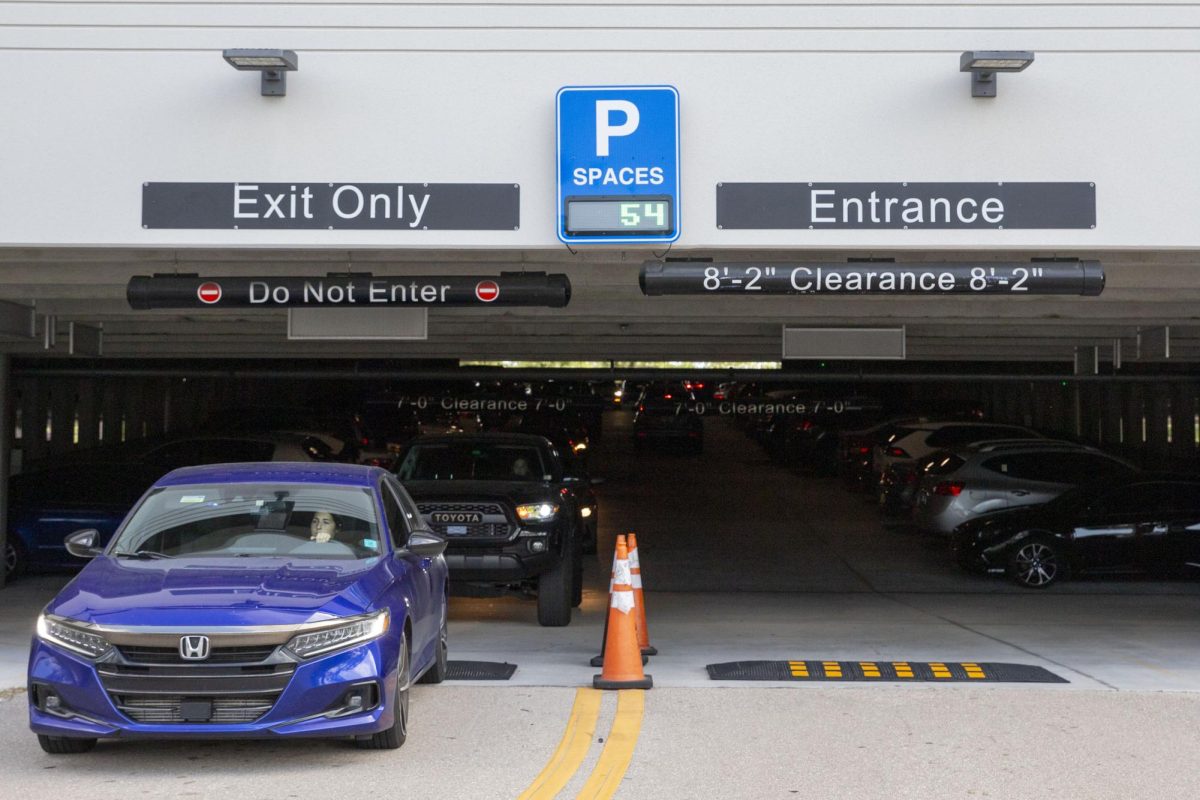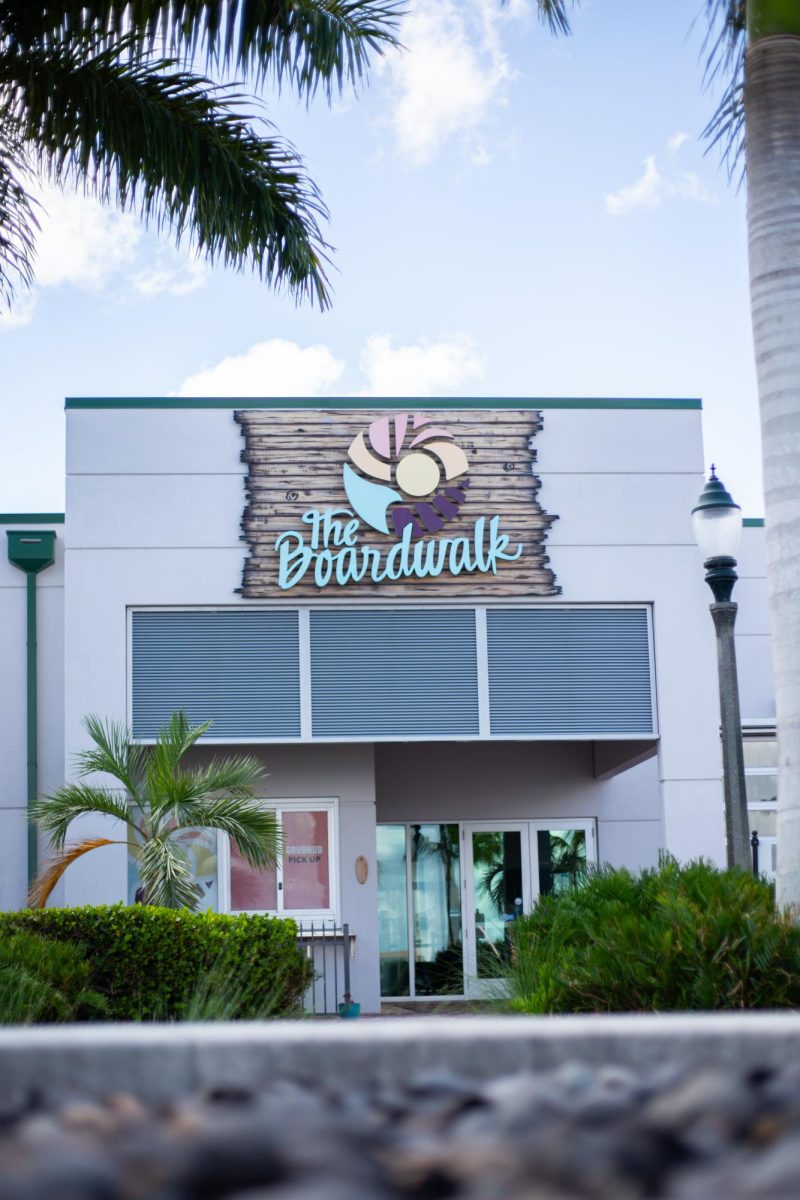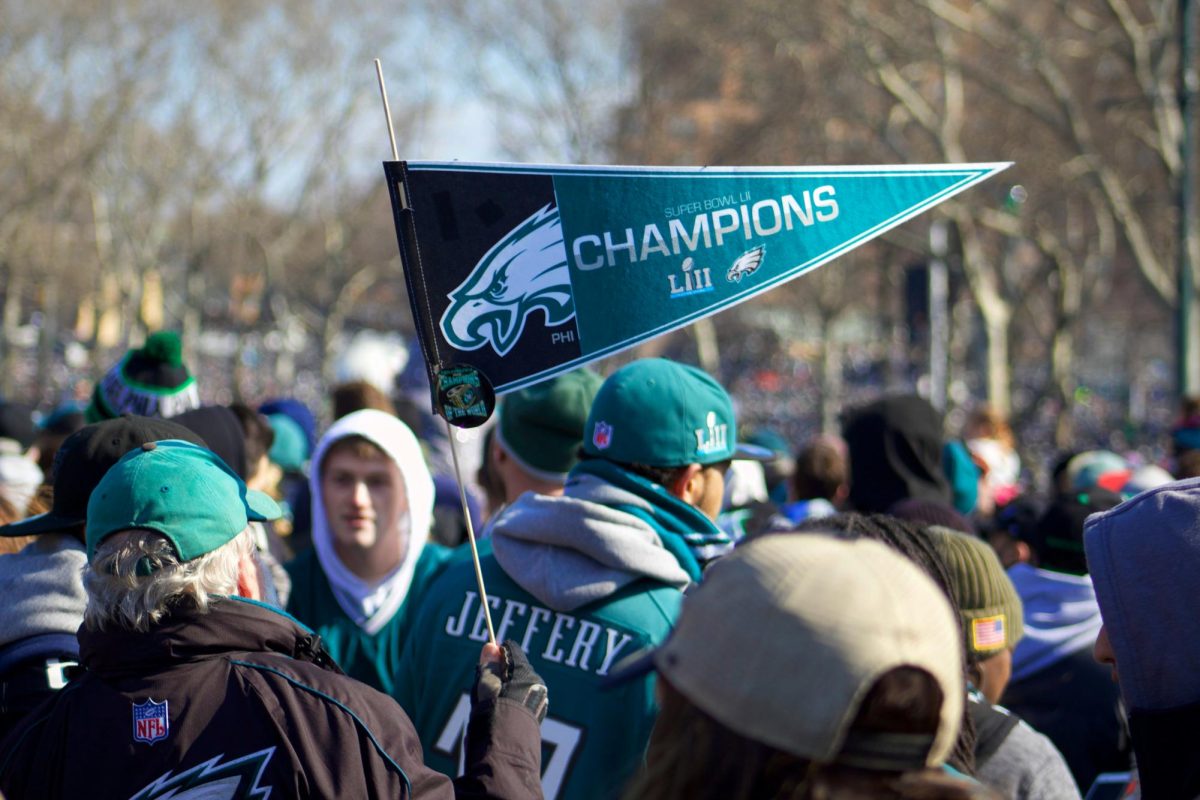Chipotle Mexican Grill founder Steve Ells publicly apologized for the chain’s recent connection to food-borne illness outbreaks.
The popular burrito chain ran full-page advertisements on Wednesday, Dec. 16, in more than 60 newspapers around the country, baring simply a gray logo and including an apology letter from Ells.
“I’d like to take this opportunity to apologize on behalf of all of us at Chipotle,” wrote Ells. “The fact that anyone has become ill eating at Chipotle is completely unacceptable to me, and I am deeply sorry.”
At least 120 Boston College students became sick from eating at a local Chipotle last week. The outbreak was caused by norovirus, a bug that spreads rapidly and can cause harsh stomach pains.
The virus is the leading cause of illness from contaminated food in the United States. It can spread rapidly from person to person once transmitted through contaminated surfaces and foods.
Boston College issued a health alert on Wednesday, Dec. 9, stating that common spaces would be cleaned twice and salad bars and other self-serving cafeteria areas would be closed.
The popular Mexican chain, which has over 1,700 locations and employs more than 45,000 people, has had both norovirus and E. coli outbreaks during the past year — 52 people from nine different states were affected by outbreaks of E. coli. The company also has two lawsuits on its hands, one from a past norovirus infection that broke out in California and the other from an outbreak of salmonella in Minnesota in August.

According to a diagram provided by the Huffington Post, there have been more cases of E. coli that have affected Chipotle customers than both norovirus and salmonella. E. coli, a bacterium that can cause harmful food poisoning inside hosts, can cause diarrhea, nausea, vomiting and abdominal pain. Nine states have had E. coli outbreaks due to people eating Chipotle, including 13 people affected in Oregon and 27 people in Washington. There have not been any cases in Florida.
The big question is: will either E. coli or norovirus reach Ft. Myers? And, the answer depends on local suppliers.
Tyler Guilfoyle, a freshman psychology major at FGCU who serves as a crew member one of the chain’s Fort Myers locations in the Gulf Coast Town Center Chipotle, says that the problem itself isn’t with Chipotle the company but with the suppliers who stock locations with vegetables and other key ingredients that Chipotle offers to customers.
“The problem is with suppliers,” Guilfoyle said. “The Chipotles in different areas have different suppliers, which means that our suppliers aren’t the same as the ones in Boston. We try to stay local when possible.”
Management at the GCTC location hasn’t been discussing recent outbreaks with its staff. Guilfoyle has been following the Boston story through the news.
According to an article posted on Bloomberg Business, Chipotle revealed that locations will begin to use new revitalized food-safety procedures, including improving its supply chain and regulating DNA testing of produce. This program was developed in part by IEH Laboratories and Consulting Group. In addition to these new policies, Chipotle will also improve training for employees to help them handle food with better care.
“In the end, it may not be possible for anyone to completely eliminate all risk with regard to food (or from any environment where people congregate), but we are confident that we can achieve near zero risk,” Ells wrote in the company’s apology letter.
Despite the recent outbreaks, Guilfoyle will continue to eat at her place of work.
“I work there, so I’ll still eat there,” Guilfoyle said. “Like I said, the problem is not with Chipotle; it’s with the supplier. It’s not Chipotle’s fault.
Categories:
Food-borne illness outbreaks link to Chipotle — is Fort Myers next?
December 16, 2015
Story continues below advertisement
2
0
More to Discover

























